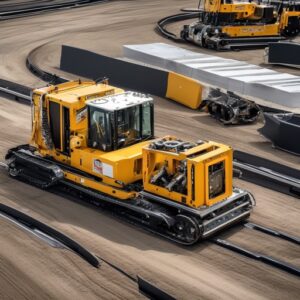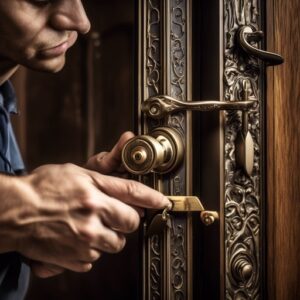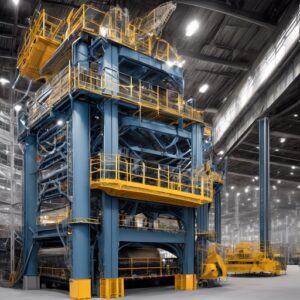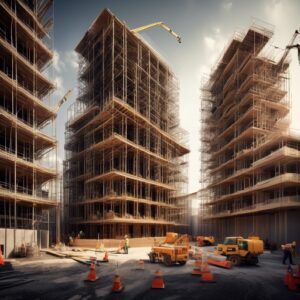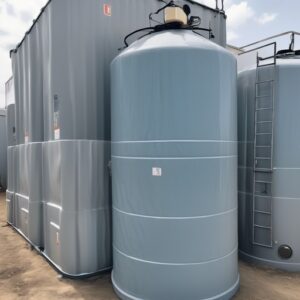In the dynamic landscape of the automotive industry, efficiency and productivity are paramount for success. Car dealerships, particularly in bustling metropolitan areas like Dallas/Fort Worth, Texas, must constantly seek innovative solutions to streamline operations and meet consumer demands. One such solution that has gained prominence in recent years is the utilization of track skid steer rentals. These versatile equipment rentals offer a range of benefits for car dealerships, from optimizing inventory management to enhancing showroom displays. In this article, we will explore the various scenarios in which a Dallas/Fort Worth car dealership might benefit from incorporating track skid steel rentals into their operations.
Inventory Management
Maintaining an organized and efficient inventory is essential for any DFW car dealership. Track skid steer rentals can play a crucial role in this aspect by providing a convenient and flexible storage solution. With their compact design and maneuverability, track skids can be easily maneuvered within the dealership premises, allowing for efficient utilization of space. Whether it’s storing excess inventory or reorganizing the showroom layout, track skid steer rentals offer the versatility needed to adapt to changing inventory needs.
Showroom Display Enhancement
The presentation of vehicles in the showroom can significantly influence customers’ purchasing decisions. Track skid steel rentals enable dealerships to create dynamic and visually appealing displays that showcase their inventory in the best possible light. By utilizing track skids to position vehicles at strategic locations within the showroom, dealerships can create an immersive and engaging environment for potential buyers. Furthermore, the ability to easily reposition vehicles allows dealerships to frequently update their displays, keeping them fresh and enticing to customers.
Construction and Renovation Projects
Car dealerships often undergo construction or renovation projects to upgrade facilities or expand their operations. During such projects, track skid steel rentals can prove invaluable for transporting materials, equipment, and even vehicles within the dealership premises. Their robust build and versatile capabilities make them well-suited for navigating construction sites and tight spaces, ensuring that operations remain smooth and uninterrupted throughout the project duration.
Special Events and Promotions
Hosting special events and promotions is a common marketing strategy employed by car dealerships to attract customers and boost sales. Track skid steel rentals can play a vital role in the execution of these events by facilitating the setup and organization process. Whether it’s arranging vehicles for a themed promotion or transporting equipment for a car expo, track skids offer the agility and efficiency needed to ensure that events run seamlessly.
Temporary Storage Solutions
In situations where additional storage space is required temporarily, track skid steel rentals offer a practical solution. Whether it’s due to seasonal fluctuations in inventory or unexpected spikes in demand, track skids can be deployed to provide supplemental storage capacity on short notice. Their modular design allows for easy customization to accommodate varying storage needs, making them an ideal choice for dealerships seeking flexible storage solutions.
Conclusion
In conclusion, a track skid steer rental in DFW offer a myriad of benefits for car dealerships seeking to enhance efficiency and productivity in their operations. From optimizing inventory management to enhancing showroom displays and facilitating construction projects, track skids prove to be versatile and indispensable assets. By leveraging the capabilities of track skid steel rentals, car dealerships can streamline their operations, improve customer experiences, and ultimately drive success in a competitive market environment.


